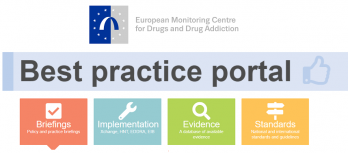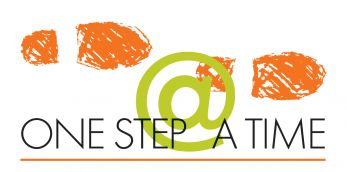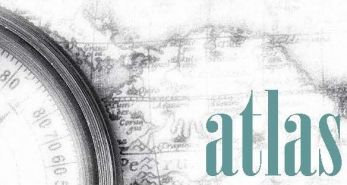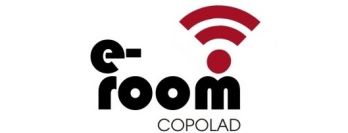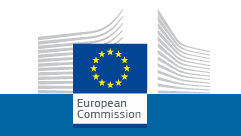36 countries from Latin America, the Caribbean and the EU, together with international and regional organizations, gathered at the 3rd COPOLAD II Annual Week on Precursors Control
ReturnPublished on 13/11/18
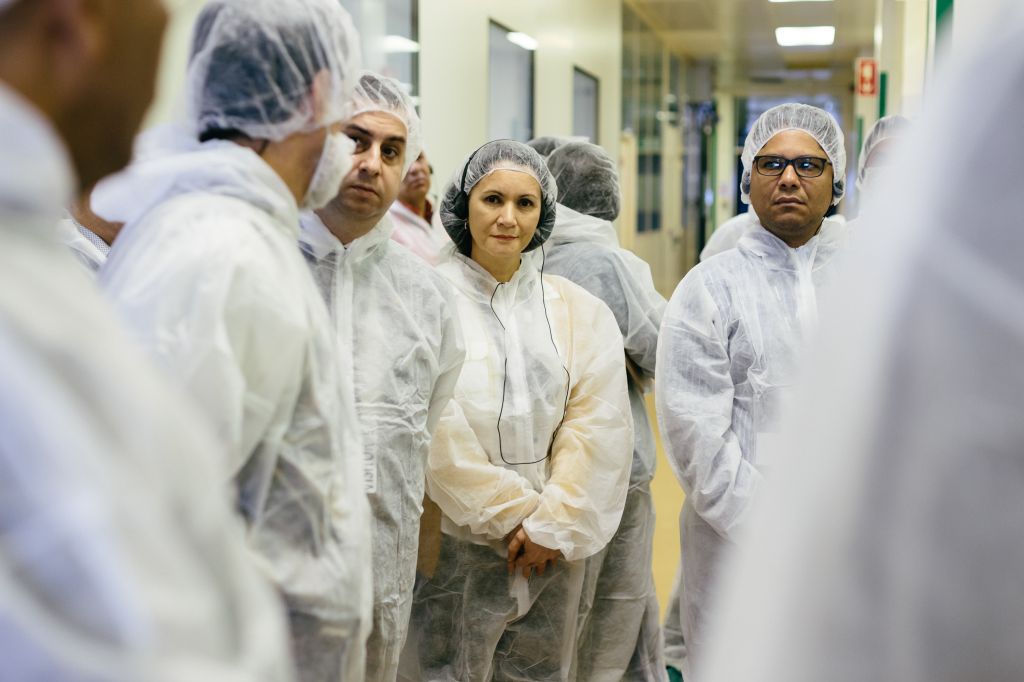
Lisbon, 12th November 2018. From 12th to 15th November is held in the Portuguese capital the 3rd COPOLAD II Annual Week on Precursors of the Cooperation Programme between Latin America, the Caribbean and the European Union on Drugs Policies (COPOLAD), which is financed by the European Union and managed by the International and Ibero-American Foundation for Administration and Public Policies (FIIAPP).
This annual meeting is held within the framework of the COPOLAD Programme and in collaboration with the Serviço de Intervenção nos Comportamentos Aditivos e nas Dependências (SICAD), the Criminal Police and the Tax and Customs Authority of Portugal, together with the Center for Intelligence against Terrorism and Organized Crime of Spain (CITCO), continuing in its efforts to articulate a bi-regional collaboration between police experts, forensic experts and analysts from Latin America and the Caribbean, and the European Union.
This edition is dedicated to addressing the topic of synthetic drug precursors and the New Psychoactive Substances (NPS).
With the objective of effectively facing the threat posed by the proliferation of New Psychoactive Substances on both sides of the Atlantic, 83 experts from 36 countries are present at this meeting, which counts with the presence of the most important international organizations that address these subjects, among them, the AIAMP, DG TAXUD-European Commission, Eurojust, OLAF, EEAS. EMCDDA, Europol, CICAD-OAS and cooperation projects such as CRIMJUST.
Dr. João Goulão, General-Director of SICAD, Teresa Salvador-Llivina, Director of COPOLAD, Germán García da Rosa, Director of the Public Administration and Social Affairs Area of FIIAPP and José Andrés Pérez López, Head of the International Area of CITCO give the welcoming words to the participants at the opening session.
The chemical precursors are the key to face and foresee the appearance of new psychoactive substances. The need for a global and regional strategy in the diversion of drug precursors is due to the rapid appearance of this type of substances, not included in the countries' checklists. The operative investigation of the illegal deviations allows the improvement of the existing control and control mechanisms.
After the successful celebration of the 1st and 2nd COPOLAD II Annual Week on Precursors in Barcelona in 2016 and in Brasilia in 2017, respectively, this edition moves back to Europe, where experts will be able to see first-hand the experience of Portugal in terms of specialized and accredited forensic laboratories in the analysis of NPS and precursors.
The methodology of work during this edition will have daily work sessions in plenary and with field visits.
Being essential to tackle these illicit acts the collaboration between the intelligence units of the countries and international cooperation initiatives, during this week the countries will share the knowledge and the forensic study of the manufacturing procedures of synthetic drugs, the advances in the detection of clandestine laboratories discovered and the chemical analysis of the substances used. There will be visits to the forensic laboratory of the Criminal Police in Lisbon and in response to the need to exchange public-private information, also a visit to the Portuguese pharmaceutical company Sofarimex.
In the field of capacity--building, during this week, sessions will be dedicated to sharing the progress made by COPOLAD working groups on precursors. Participating countries are Latin America (Argentina, Chile, Colombia, Costa Rica, Ecuador, Guatemala, Peru, Uruguay, and Venezuela) and the Caribbean (Antigua and Barbuda, Barbados, Belize, Dominica and Trinidad and Tobago).
Gallery
The European Commission is preparing a third phase of this programme, therefore COPOLAD will be back at the beginning of 2021.


